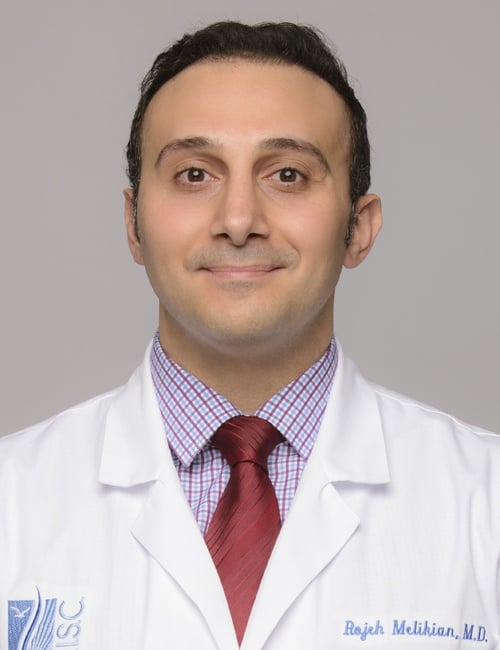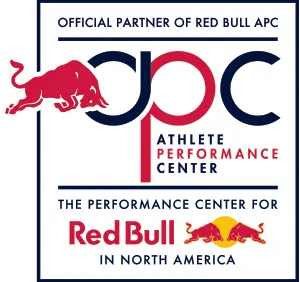At DISC Sports and Spine Center, we recognize that determining the source of your back pain is essential to starting the right treatment plan. But with so many possible causes, you may not be sure what you’re dealing with. Here, we’ll discuss one cause of back pain—cervical spinal stenosis. Read on to see if this condition sounds similar to what you’re experiencing.
What Is Spinal Stenosis?
It’s helpful to have a general understanding of your anatomy. Your spinal cord and spinal nerves run through small openings in the vertebrae, or bones, of your spine. Often (though not always), degenerative changes from aging cause those openings to narrow. This is called stenosis. When the openings are too small, pressure may be placed on the spinal cord and nerve roots. Some things that lead to spinal stenosis include:
- Bone spurs
- Thickening of ligaments in your spine
- Bulging or herniated discs
- Inflammation from osteoarthritis
Spinal stenosis can also result from other causes such as injuries, tumors, or certain bone diseases. In addition, some people are simply born with a narrow spinal canal.
Stenosis is most common in the cervical, or neck, region and in the lumbar, or lower back, region of your spine.
How Can I Recognize Symptoms of Cervical Spinal Stenosis?
The symptoms of cervical spinal stenosis are often gradual and progressive. In the early stages, you may be asymptomatic, but as it gets worse, you can develop pain, stiffness, and numbness in your neck and back.
When nerve roots in your neck become compressed, you may experience weakness or tingling in your hands and arms or pain radiating into your shoulder, chest, and arms. In more advanced cases, if the spinal cord itself becomes compressed, you may have pain or numbness in both your upper and lower extremities. Using your hands or walking may be difficult. Problems with balance can also develop.
Will I Have to Have Surgery to Correct It?
In many cases, no. If your cervical spinal stenosis is mild, your pain and symptoms may be managed with non-surgical treatments. Anti-inflammatories and pain medication are often used. Physical therapy can help stretch and strengthen the neck and may provide some relief. Steroid injections may also be administered to help with inflammation in the affected area.
If these treatments fail to work or if symptoms of spinal cord compression develop, surgery may be the best option to relieve pressure on the spinal cord and nerves. Your specific case will help dictate which surgical procedure is most appropriate. Due to great advances in spine care, many procedures can now be performed using minimally invasive techniques.
The Symptoms of Cervical Spinal Stenosis Sound Like Mine. What Should I Do Now?
Keep in mind that reading an article isn’t enough to make a diagnosis. Be sure to schedule an appointment with a board-certified spine surgeon. A reputable spine surgeon will consider your symptoms, your physical exam, your neurological exam (checking for weakness, numbness, balance difficulties, etc.), and imaging studies such as X-rays and MRIs to come to an accurate diagnosis.
It’s important to remember that because cervical spinal stenosis tends to get worse over time, it’s best to catch it in its early and most treatable stage. Early treatment may even help slow its progression.

About the author
Rojeh Melikian, M.D. Dr. Rojeh Melikian is a Harvard and Emory University-trained orthopaedic spine surgeon. He was subsequently accepted into the prestigious Harvard Combined Orthopaedic Surgery Residency Program, where he excelled and was appointed as Chief Resident at the Massachusetts General Hospital. He received extensive training in complex spinal surgery, scoliosis, as well as primary and metastatic spine tumors. Upon graduation, Dr. Melikian was awarded the prestigious Harvard Orthopaedic Surgery Thesis Day Award for best clinical presentation for his work on spinal infections. Dr. Melikian has authored numerous presentations, posters and journal articles on spine surgery. Read more articles by Rojeh Melikian, M.D..





